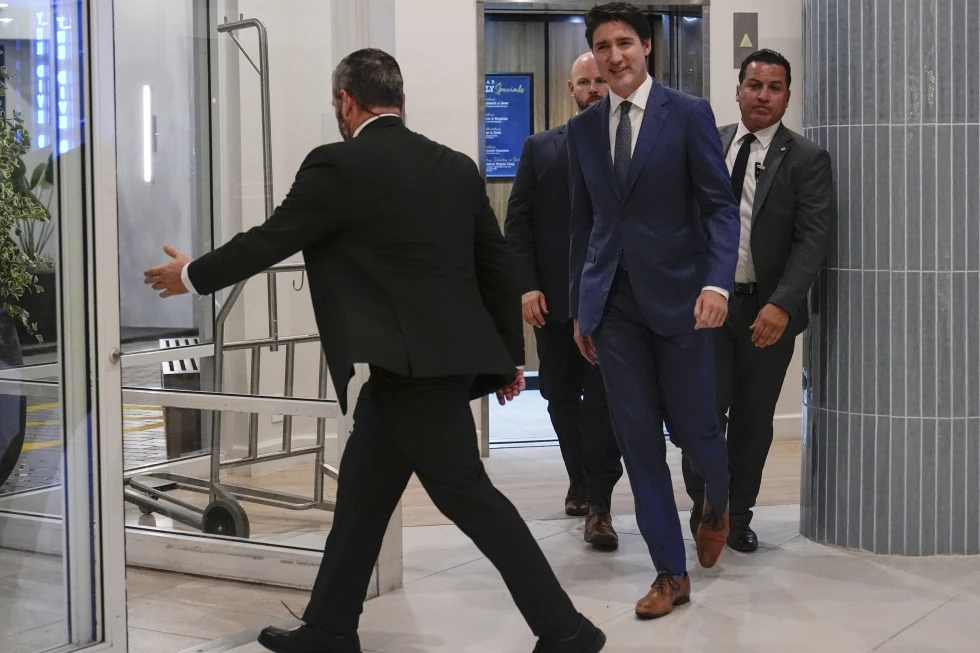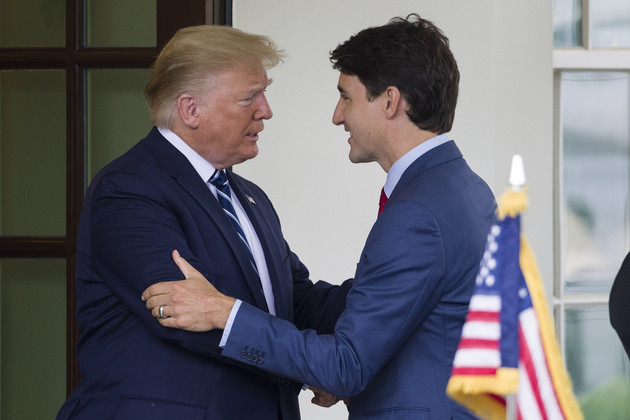Prime Minister Justin Trudeau warned Donald Trump that American consumers would also bear the cost of proposed tariffs on Canadian goods, according to Public Safety Minister Dominic LeBlanc, who attended their recent dinner meeting at Mar-a-Lago.

The discussion followed Trump’s social media announcement threatening to impose 25% tariffs on all products from Canada and Mexico, linking the action to concerns about cross-border drug trafficking and migration. “The prime minister of course spoke about protecting the Canadian economy and Canadian workers from tariffs, but we also discussed with our American friends the negative impact those tariffs could have on their economy and affordability,” LeBlanc told Parliament Monday.
Economists warn that companies would likely pass along increased costs to consumers, potentially conflicting with Trump’s campaign promises to address inflation. The Produce Distributors Association has already cautioned that such tariffs would increase prices for fresh produce and risk retaliatory measures against U.S. farmers.
The high-level dinner, which included Trump’s nominees for key Cabinet positions, aimed to differentiate Canada’s border situation from Mexico’s. Canadian Ambassador Kirsten Hillman, who attended the meeting, said the message about border differences “was really understood,” though Trump made no commitments to abandon the tariff threat.

Official data underscores these differences: U.S. Border Patrol reported 1.53 million migrant encounters at the Mexican border in fiscal year 2024, compared to 23,721 at the Canadian border. Similarly, authorities seized 21,100 pounds of fentanyl at the Mexican border versus 43 pounds at the Canadian border during the same period.
The stakes are particularly high given the deep economic ties between the nations. Canada serves as the primary export destination for 36 U.S. states, with daily cross-border trade averaging US$2.7 billion. Canada provides 60% of U.S. crude oil imports and 85% of electricity imports, while also being the largest foreign supplier of steel, aluminum, and uranium to the United States.
Mexican President Claudia Sheinbaum responded Monday to Canadian efforts to distinguish the two borders, saying “Mexico must be respected, especially by its trading partners,” and noting Canada’s own challenges with fentanyl consumption.



